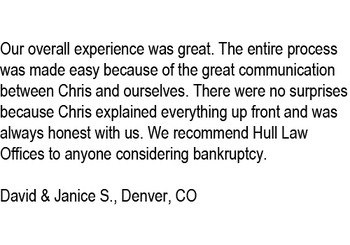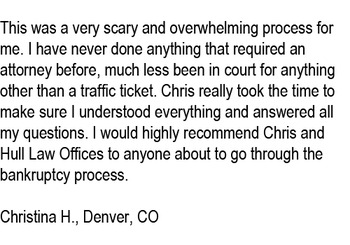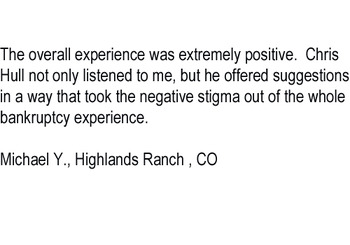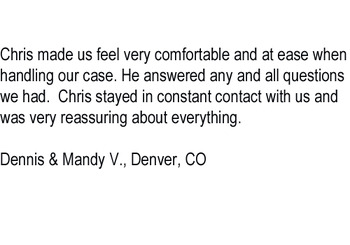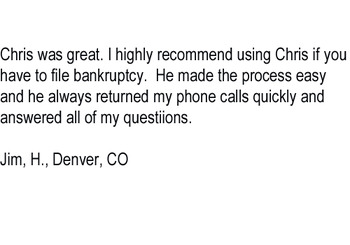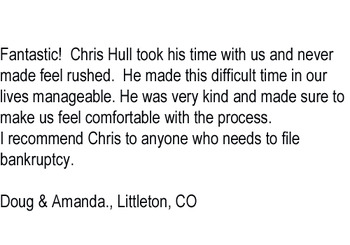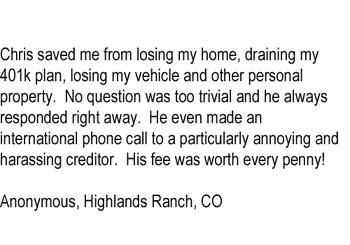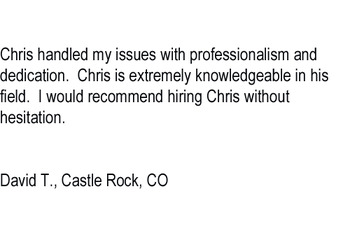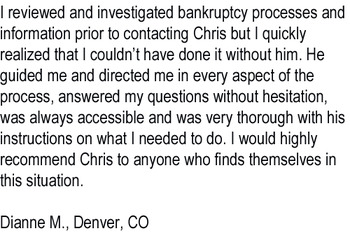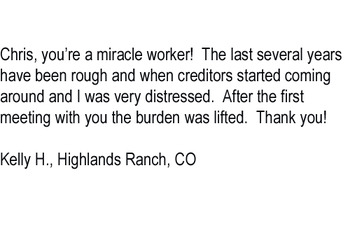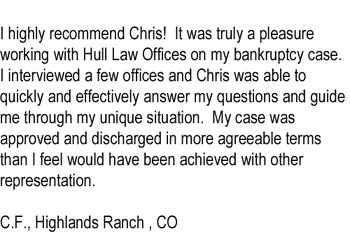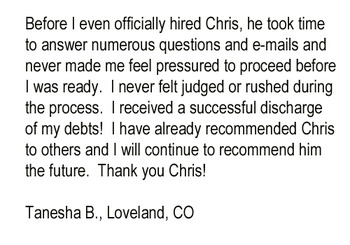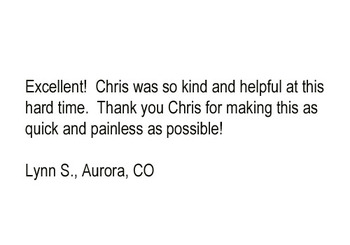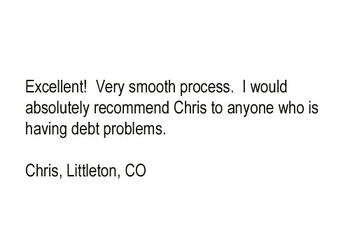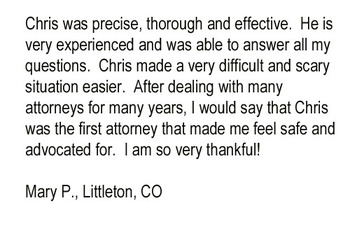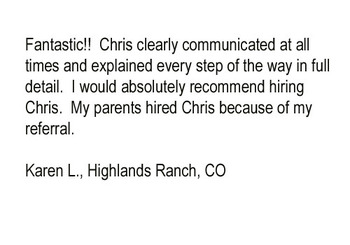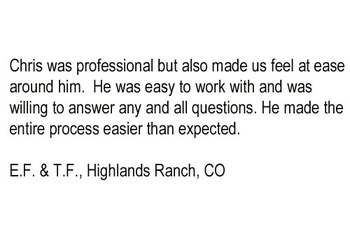The Meeting of Creditors is an opportunity for the bankruptcy trustee to ask the debtor questions. Creditors may attend the Meeting of Creditors and ask the debtor questions. In the majority of cases, only the bankruptcy trustee asks the debtor questions. Every Trustee is required to ask a list of questions provided to them in the Handbook for Chapter 7 Trustees. Here is the list:
1. State your name for the record. Is the address on the petition your current address?
2. Please provide your picture ID and social security number card for review.
3. Did you sign the petition, schedules, statements, and related documents and is the signature your own? Did you read the petition, schedules, statements, and related documents before you signed them?
4. Are you personally familiar with the information contained in the petition, schedules, statements and related documents? To the best of your knowledge, is the information contained in the petition, schedules, statements, and related documents true and correct? Are there any errors or omissions to bring to my attention at this time?
5. Are all of your assets identified on the schedules? Have you listed all of your creditors on the schedules?
6. Have you previously filed bankruptcy? (If so, the trustee must obtain the case number and the discharge information to determine the debtor(s) discharge eligibility.)
7. What is the address of your current employer?
8. Is the copy of the tax return you provided a true copy of the most recent tax return you filed?
9. Do you have a domestic support obligation? To whom? Please provide to me the claimant’s address and telephone number, but do not state it on the record.
10. Have you read the Bankruptcy Information Sheet provided by the United States Trustee?
In addition to the required questions, the Handbook for Chapter 7 Trustees also provides a list of other questions the Trustees may ask at their discretion. Here is that list:
1. Do you own or have any interest whatsoever in any real estate? If owned: When did you purchase the property? How much did the property cost? What are the mortgages encumbering it? What do you estimate the present value of the property to be? Is that the whole value or your share? How did you arrive at that value? If renting: Have you ever owned the property in which you live and/or is its owner in any way related to you?
2. Have you made any transfers of any property or given any property away within the last one year period (or such longer period as applicable under state law)? If yes: What did you transfer? To whom was it transferred? What did you receive in exchange? What did you do with the funds?
3. Does anyone hold property belonging to you? If yes: Who holds the property and what is it? What is its value?
4. Do you have a claim against anyone or any business? If there are large medical debts, are the medical bills from injury? Are you the plaintiff in any lawsuit? What is the status of each case and who is representing you?
5. Are you entitled to life insurance proceeds or an inheritance as a result of someone’s death? If yes: Please explain the details. If you become a beneficiary of anyone’s estate within six months of the date your bankruptcy petition was filed, the trustee must be advised within ten days through your counsel of the nature and extent of the property you will receive. FRBP 1007(h)
6. Does anyone owe you money? If yes: Is the money collectible? Why haven’t you collected it? Who owes the money and where are they?
7. Have you made any large payments, over $600, to anyone in the past year?
8. Were federal income tax returns filed on a timely basis? When was the last return filed? Do you have copies of the federal income tax returns? At the time of the filing of your petition, were you entitled to a tax refund from the federal or state government ? If yes: Inquire as to amounts.
9. Do you have a bank account, either checking or savings? If yes: In what banks and what were the balances as of the date you filed your petition?
10. When you filed your petition, did you have: a. any cash on hand? b. any U.S. Savings Bonds? c. any other stocks or bonds? d. any Certificates of Deposit? e. a safe deposit box in your name or in anyone else’s name?
11. Do you own an automobile? If yes: What is the year, make, and value? Do you owe any money on it? Is it insured?
12. Are you the owner of any cash value life insurance policies? If yes: State the name of the company, face amount of the policy, cash surrender value, if any, and the beneficiaries.
13. Do you have any winning lottery tickets?
14. Do you anticipate that you might realize any property, cash or otherwise, as a result of a divorce or separation proceeding?
15. Regarding any consumer debts secured by your property, have you filed the required Statement of Intention with respect to the exemption, retention, or surrender of that secured property? Please provide a copy of the statement to the trustee. Have you performed that intention?
16. Have you been engaged in any business during the last six years? If yes: Where and when? What happened to the assets of the business? In cases where debtors are engaged in business, the following questions should be considered: 1. Who was responsible for maintaining financial records? 2. Which of the following records were maintained? a. Cash receipts journal b. Cash disbursements journal c. General journal d. Accounts receivable ledger e. Accounts payable ledger f. Payroll ledger g. Fixed asset ledger h. Inventory ledger i. General ledger j. Balance sheet, income statement, and cash flow statements 3. Where are each of the foregoing records now located? 4. Who was responsible for preparing financial statements? 5. How often were financial statements prepared? 6. For what periods are financial statements available? 7. Where are such financial statements now located? 8. Was the business on a calendar year or a fiscal year? 9. Were federal income tax returns filed on a timely basis? When was the last return filed? 10. Do you have copies of the federal income tax returns? Who does have the copies? 11. What outside accountants were employed within the last three years? 12. Do you have copies of the reports of such accountants? Who does have copies? 13. What bank accounts were maintained within the last three years? 14. Where are the bank statements and canceled checks now located? 15. What insurance policies were in effect within the last year? What kind, and why? 16. From whom can copies of such insurance policies be obtained?
17. If the business is incorporated, where are the corporate minutes?
18. Is the debtor owed any outstanding accounts receivable? From whom? Are they collectible?
19. Is there any inventory, property, or equipment remaining?
For a Free Evaluation, Please Fill Out The Form Below

